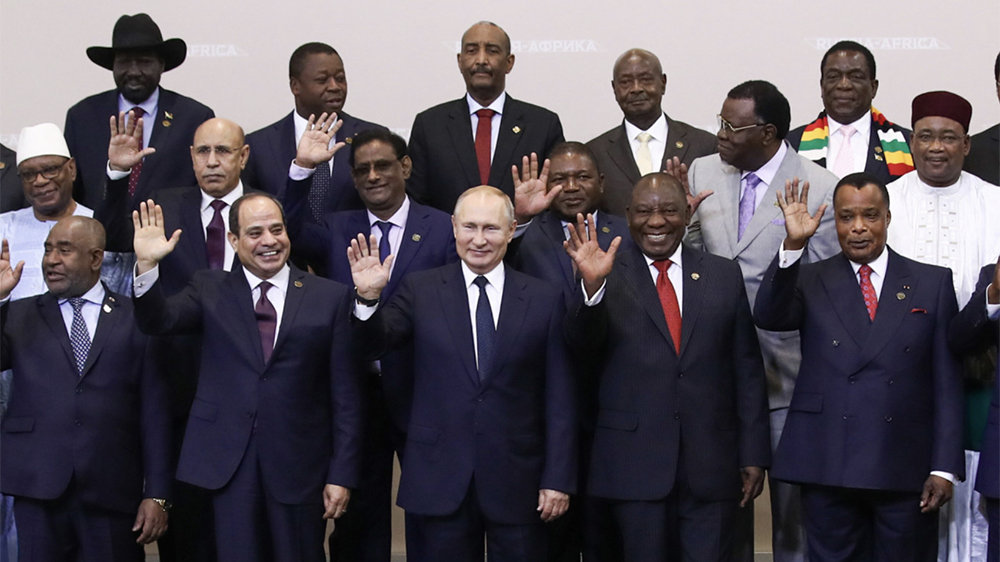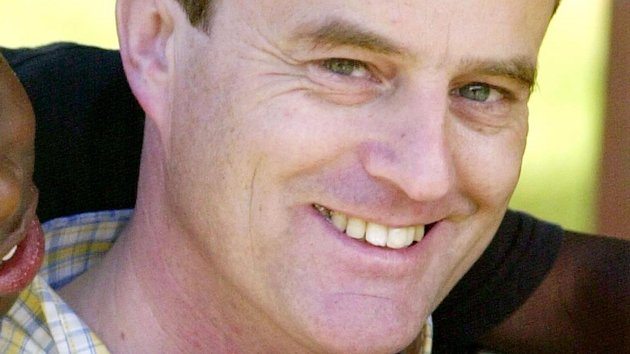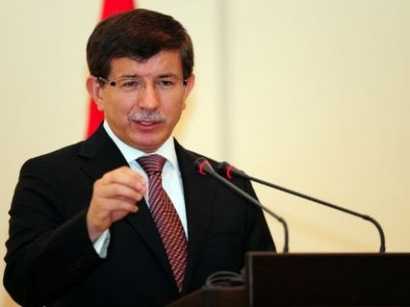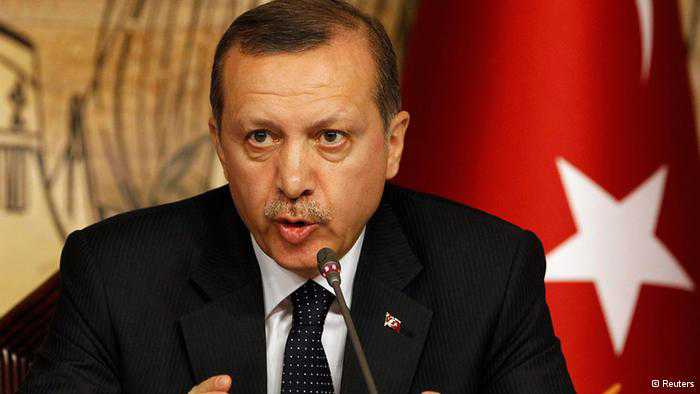
The Russia-Africa Summit, to be held on July 27-28 in St. Petersburg, is supposed to follow the agenda of the previous meeting in 2019 and promote a global dialogue between the countries of the African continent and Moscow. However, the conflict in Ukraine and recent events around it have shifted the focus of the agenda. Apart from plans to look at prospective areas for cooperation, African politicians have prepared a number of questions for the Kremlin. Among them is how long the Russia’s military operation is going to keep affecting the well-being of their countries which are already far enough from being prosperous. Moscow promises to give its partners the necessary clarifications, and in some cases even compensate for the costs.
By holding the first Russia – Africa Summit in 2019, Moscow expected to start long-term and systemic relations with the continent and encouraged African leaders to discuss cooperation in various fields. However, with the international mainstream media accusing Moscow of inspiring the global food crisis and a number of countries breaking the trade and economic relations with Russia, this year the Summit’s main card will be played around the grain deal.
Meanwhile, prior to the meeting in St. Petersburg, Ali al-Moselhi, the Egyptian Minister of Internal Trade and Supply said that Cairo was dissatisfied with Russia’s withdrawal from the deal with the UN on the grain export. Zambian Foreign Minister Stanley Kakubo also expressed concerns, saying that the grain deal was “a lifeline for the most countries in need”, and its termination would result in serious consequences. The Summit participants will likely try to convince Moscow to reconsider its decision and release Ukrainian grain from the Black Sea ports. After all, regardless of potential recipients and volumes of the Ukrainian grain supply, it is important that its presence on the world market contributed to decreasing prices for this product. Russian President Vladimir Putin on his turn assured his African partners that Moscow is able to replace Ukrainian grain either on favorable terms or even at no charge at all since a record high harvest is again expected this year in Russia.
Should Russia keep its promise, this gesture will be far beyond generous. Unprecedented sanctions that have been imposed on Moscow since the start of the military operation in Ukraine and are being tightened with each new package, have also a negative impact not only on Moscow, but on other countries, including Africa. Common trade routes are being frozen, so are most of international transactions which keeps many regions away from lifesaving supplies of food and resources.
One of the decisions could be the case of China. Having built a sustainable economy, Beijing has switched to non-dollar transactions with many countries including Russia. The Russian economy has also demonstrated sustainability and a relative growth despite harsh sanctions and the military operation that requires big costs. By staying independent from external resources and goods it is high time for Moscow to develop new paths for international partnerships.




